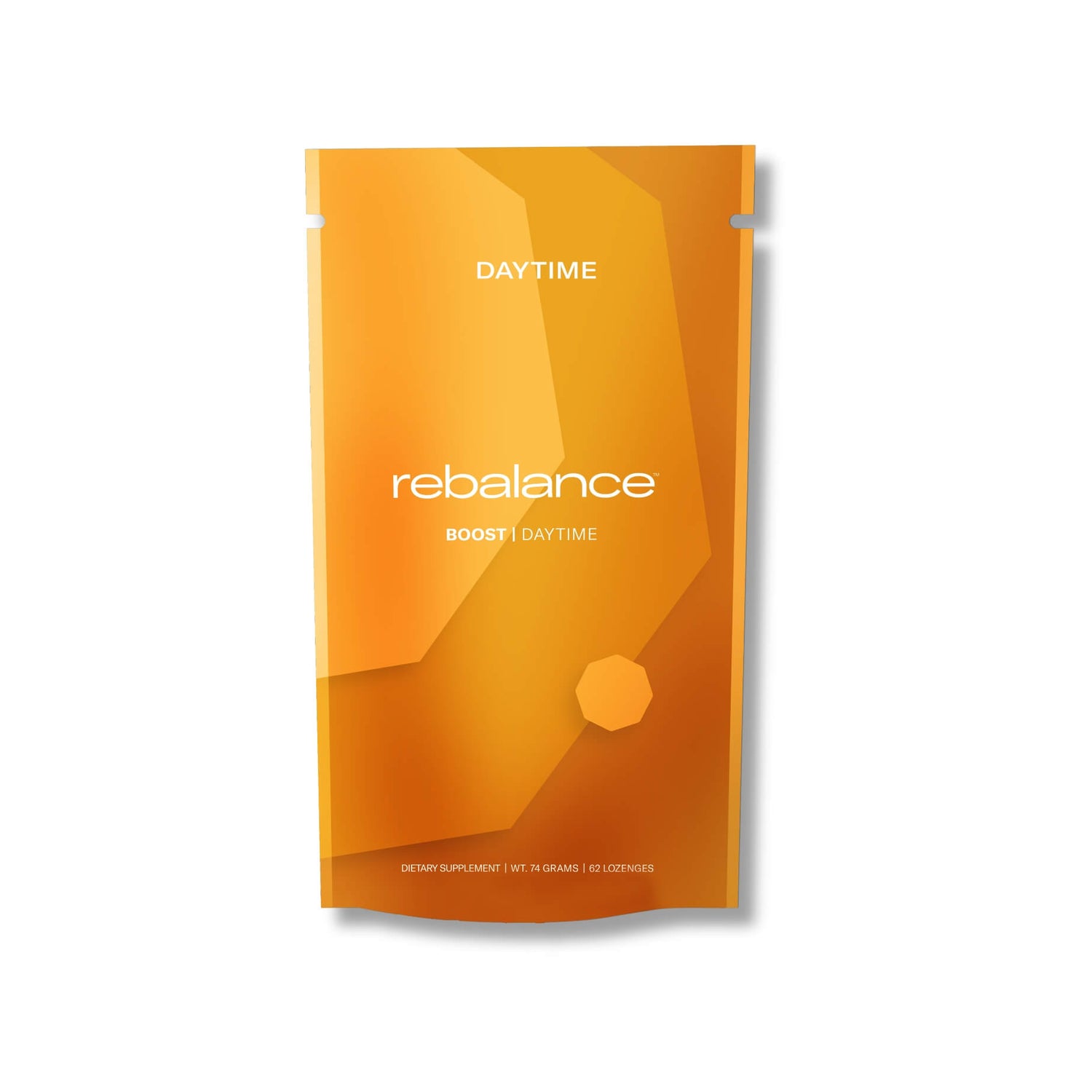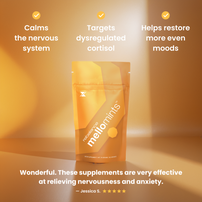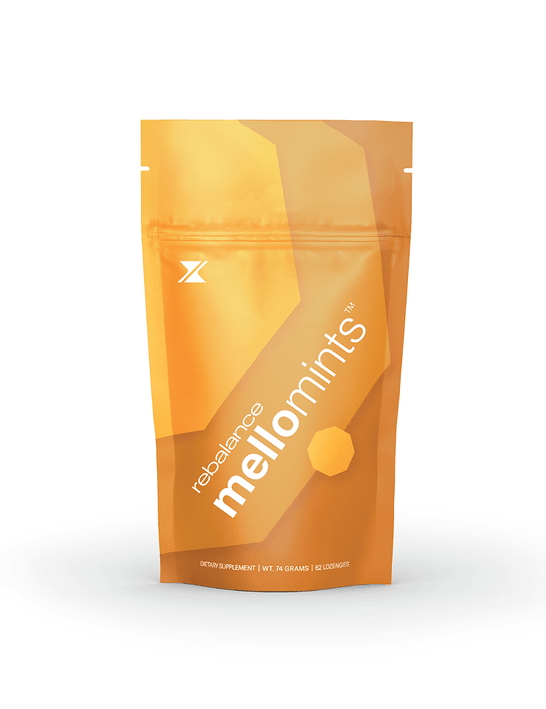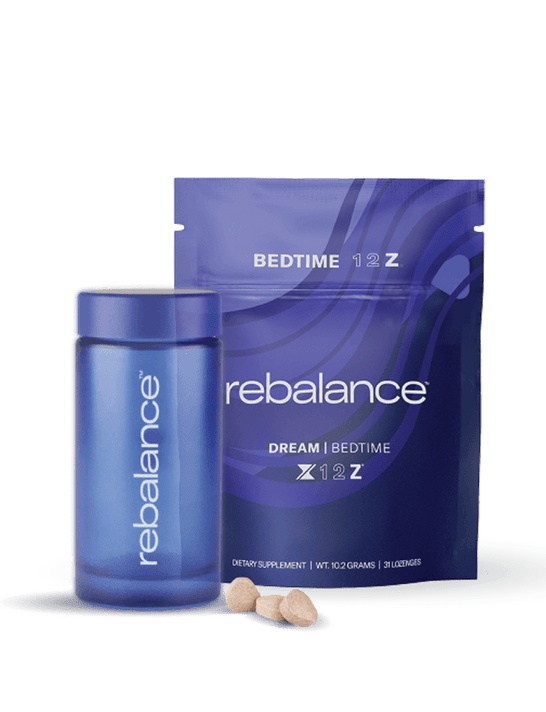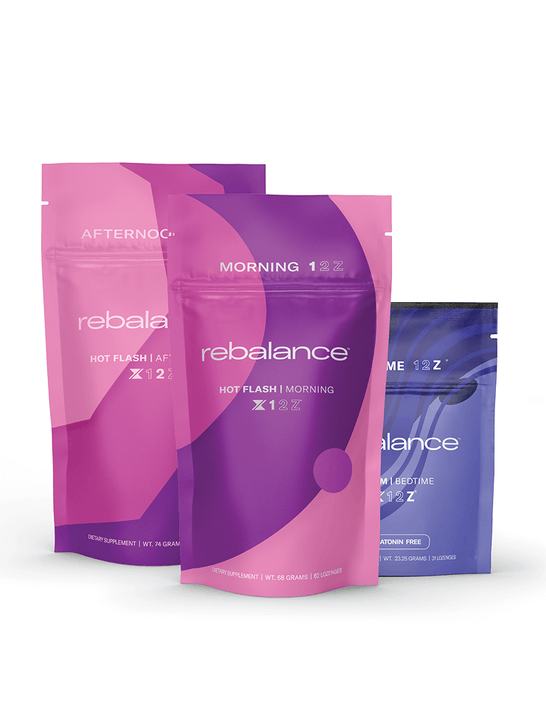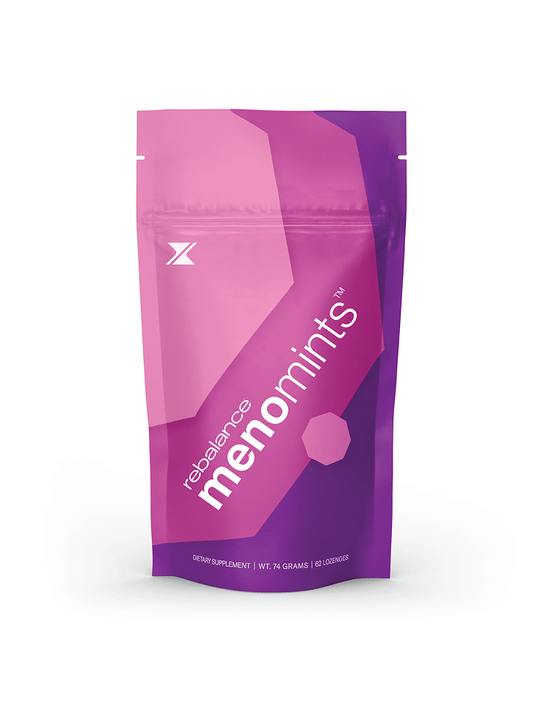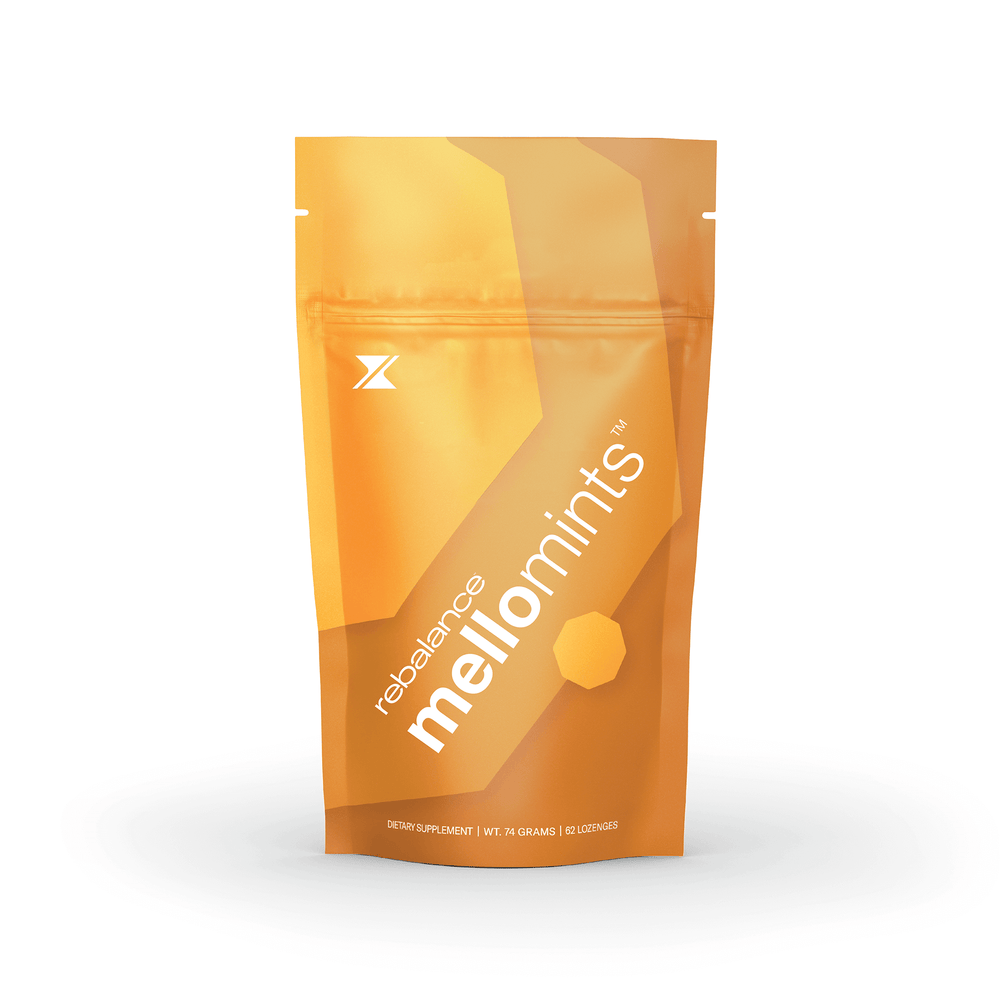Mastering Sleep Stages: Why They Matter and How to Optimize Them
03/01/2025 by Rebalance Health

Sleep isn’t just a blackout—it’s a symphony of stages, each playing a vital role in your mind and body. Yet, 33% of adults wrestle with stress disrupting this rhythm nightly (American Sleep Association). Ever wake up groggy despite eight hours? Or feel your focus fray mid-day? That’s sleep stages talking—or rather, screaming for attention. Understanding these phases—light, deep, REM—and why they’re non-negotiable could be your key to sharper mornings and bolder days. Let’s break it down, explore the science, and uncover how to master them—with a little help from DREAM™, a TIME Best Invention 2024.
The Sleep Cycle: A Nightly Journey
Every night, you cycle through four stages—roughly 90 minutes per loop—repeating 4-6 times. Stage 1 (light sleep) eases you in—5-10% of the night, heart rate slows, but you’re easily roused. Stage 2 (deeper light) takes 50%—brain waves slow, memory locks in, yet wake-ups linger (33% of us know this battle, ASA). Stage 3 (deep sleep) is the gold—20-25%, body repairs, energy rebuilds, but disruptions here leave you foggy. Then REM (dreamland)—20-25%, mind sharpens, emotions balance, yet it’s fragile. Miss any piece? You’re half-charged. A 2020 Sleep Medicine review pegs poor stage balance as a cognitive thief—up to 30% performance drop.
Why Stages Matter: The Stakes Are High
Each stage is a superpower. Stage 2 consolidates facts—skip it, and yesterday’s meeting’s a blur (2019 Nature study). Deep sleep (Stage 3) rebuilds muscle, boosts immunity—less than 6% of your night here, and colds creep in (NIH). REM fuels creativity, emotional grit—cut it short, and stress spikes (2021 Sleep). Our quiz at Rebalance Health mirrors this: 60% report restless nights, waking 3+ times—shattering deep and REM. DREAM™’s trial counters this—50% fewer wake-ups, 60% less restless—keeping stages intact. Sleep’s not optional—it’s your edge.
What Sabotages Your Stages?
Stress is the big villain—cortisol spikes shred deep sleep, leaving 33% restless (ASA). Screens don’t help—blue light delays REM by 30 minutes (NIH). Erratic bedtimes? Stage 2 fragments—memory suffers. Our quiz takers—60% restless, 3+ wake-ups—feel this chaos. A 2018 Phytomedicine study flags cortisol as the thief; disrupt deep sleep, and energy tanks—your body’s crying for repair. REM’s no picnic either—wake early, and dreams vanish, stress festers. It’s a cycle: poor stages, poor days, worse nights.
How to Optimize: Science-Backed Moves
You can fight back—science says so. Tame Cortisol: Adaptogens like Reishi drop stress markers 11% (2019 study)—less midnight spin. Speed Onset: L-Theanine smooths brain waves—20-30 min to calm (2020 Sleep Medicine). Deepen It: Magnolia Bark boosts deep phases—our trial saw 60% fewer restless nights. DREAM™ fuses these—50% wake-up cut, TIME-validated in 2024. Melatonin or not, it steadies cycles. Pair with a screen-free hour—reading beats scrolling (NIH)—and a fixed bedtime. Our quiz “rogues” (chaos reigns) cut wake-ups with this shift—proof it works.
Your Sleep, Your Life
Overview

Stay Calm. Sleep Deep. Wake Clear.
A lozenge that supports deep sleep, better REM, and calmer nights. Without melatonin — unless you want it.
